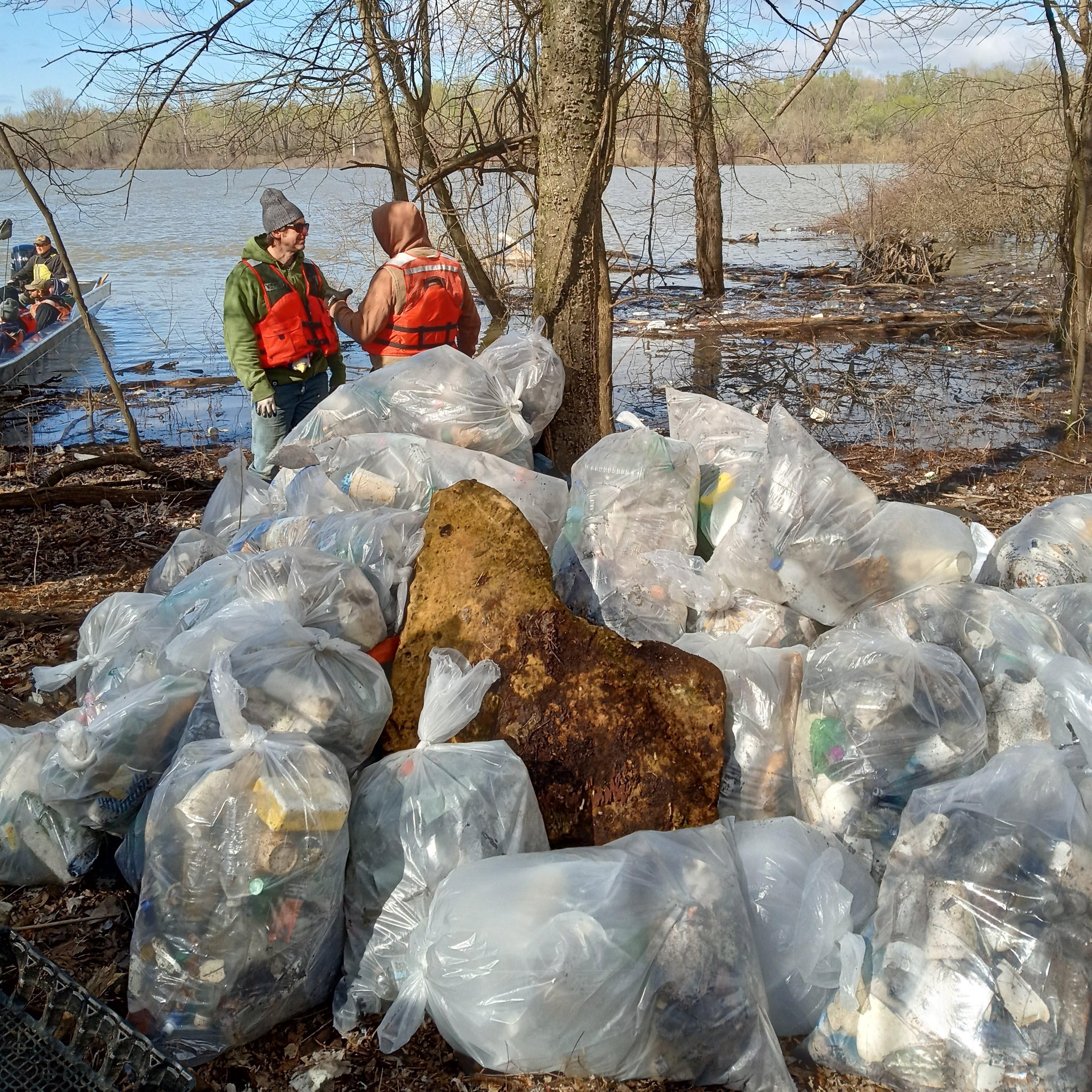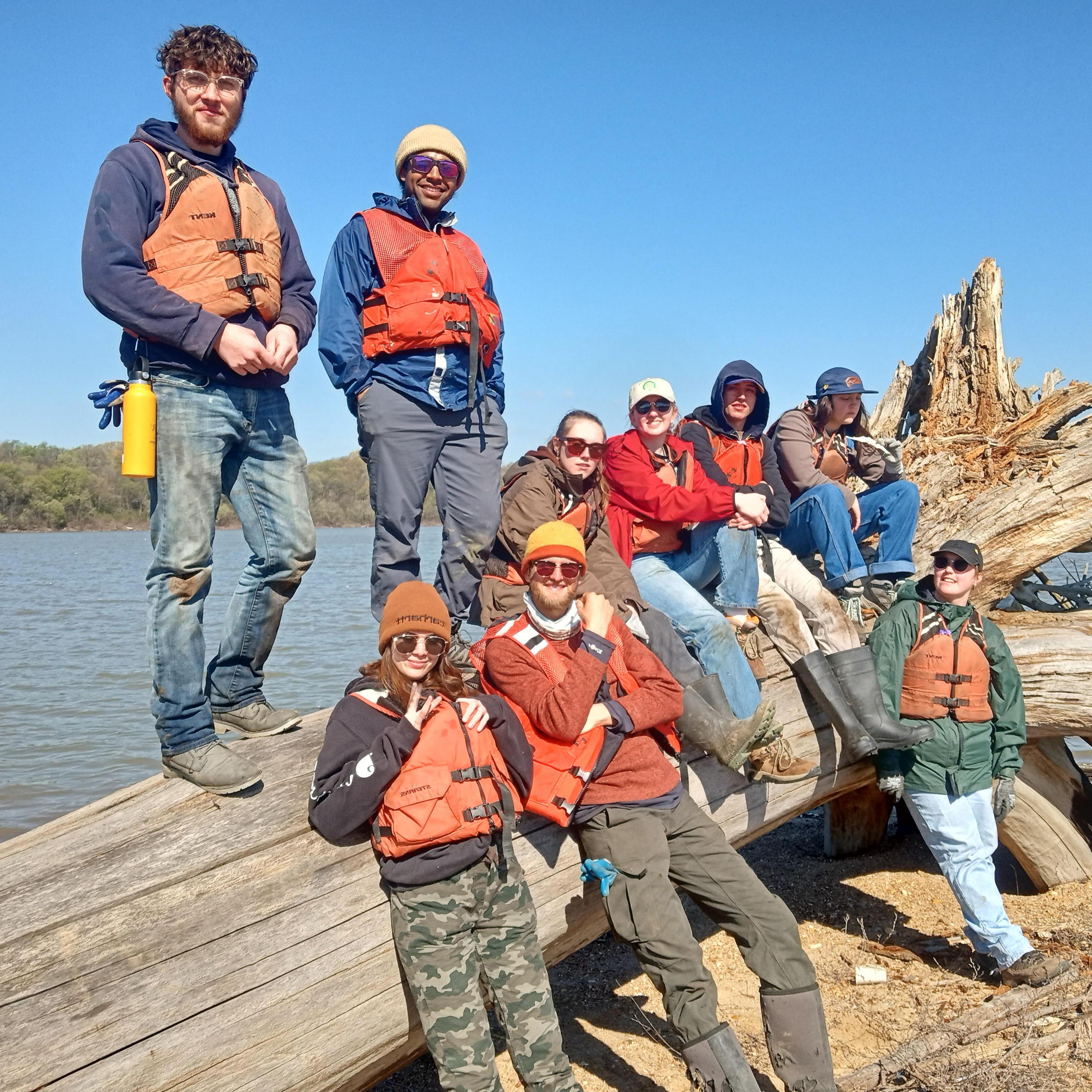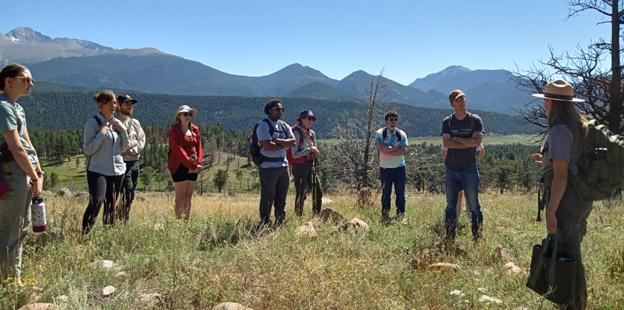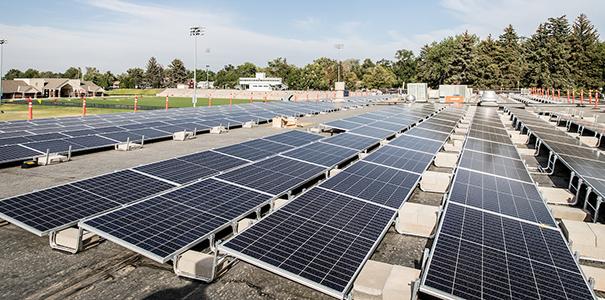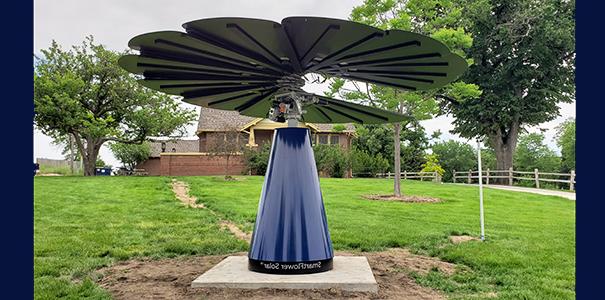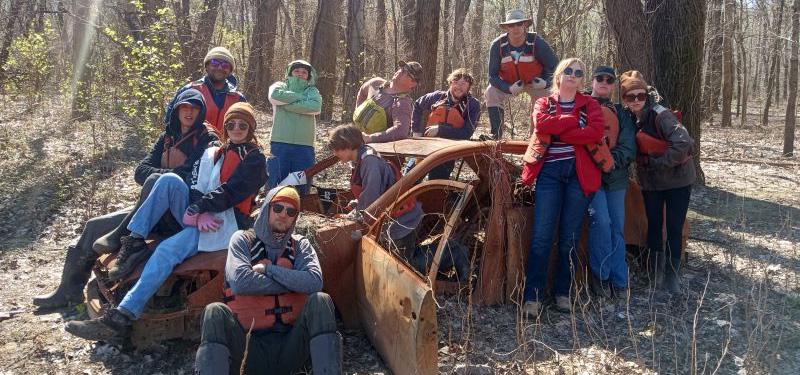
When picturing Spring Break, what comes to mind? A fun-filled trip to the beach with 朋友? Kicking back for some R&R和居家度假? How about dredging for trash on a barge floating along the Mississippi River?
For 10 UNC students and their professor, the latter is exactly the form that Spring 2023年休假. 随着一周的到来, 凯伦·巴顿博士.D., a professor in the Department of Geography, GIS, & 可持续性 within the College of Humanities and Social Sciences, loaded up with her students and struck out for 田纳西州的孟菲斯.
他们的使命? To spend the ensuing days floating down the Mississippi River and removing as much waste as possible.
The trip was part of GEO 111, a course designed to give students hands-on field experience and equip them to use that experience to solve real-world problems. The trip was coordinated 在与 生活的土地 & 水域, an Illinois-based nonprofit that pitches itself as the only “industrial strength” river cleanup organization in the business.
Once they arrived, Barton and her students spent five days working on a garbage barge in the Mississippi alongside volunteers from 生活的土地 & 水域 and students from two other universities.
Their days consisted of three hour shifts in the morning, a quick break for lunch, then another three hours in the afternoon. Students pulled all sorts of unusual and unexpected items from the river, including poker chips, old shoes, animal remains, plenty of old plastic and some worn and weathered baby dolls.
“Those were pretty creepy,” 巴顿说.
And although the days were grueling, the students had an unforgettable time.
“The students I meet on these courses and those that I work with in the field on service learning projects are students that I am still connected with,” 巴顿说. “这些 experiences first-hand change their lives.”
That certainly rings true for Joey Andrade-Schuch, a then-senior 环境al and 可持续性 Studies major who went on the trip.
“It changed me quite a bit,” he 说. “I’ve never noticed trash like I do now. 这是 everywhere, and I just think, ‘If I don’t pick this up, who will?’”
But the impact of the trip didn’t stop there. For Andrade-Schuch, the experience on the river shaped the way he thinks about his future.
“I had no idea there were so many ways to get involved with things like this,” Andrade-Schuch 说. “I’ll definitely be looking into opportunities like this and in public service 当我展望未来.”
For Barton, helping give students like Joey these formative experiences is where the true value lies in field courses like GEO 111.
“Every time we take students out on field learning experiences, they get to do so much that isn’t traditionally measurable, but that has a tremendous impact on them,” 巴顿说. “Whether that’s making connections with the people in charge, setting up jobs or internships, or discovering something they’re passionate about.”
——作者: Duard赫德利
Field courses like GEO 111 are made possible in part to contributions from individual 捐助者. Any contributions made to these programs go directly toward helping more students be able to participate in these one-of-a-kind experiences.
更多的故事
-
Careers in the Park: A Hands-On Student Excursion
Este artículo no está en español.
-
Knowledge Goes Beyond Coursework During Geography, GIS and 可持续性 Class Trip
Este artículo no está en español.
-
UNC and McKinstry Installing Solar Array on Campus
Este artículo no está en español.
-
Solar Flower Blooms for First Time on UNC’s Campus
Este artículo no está en español.

